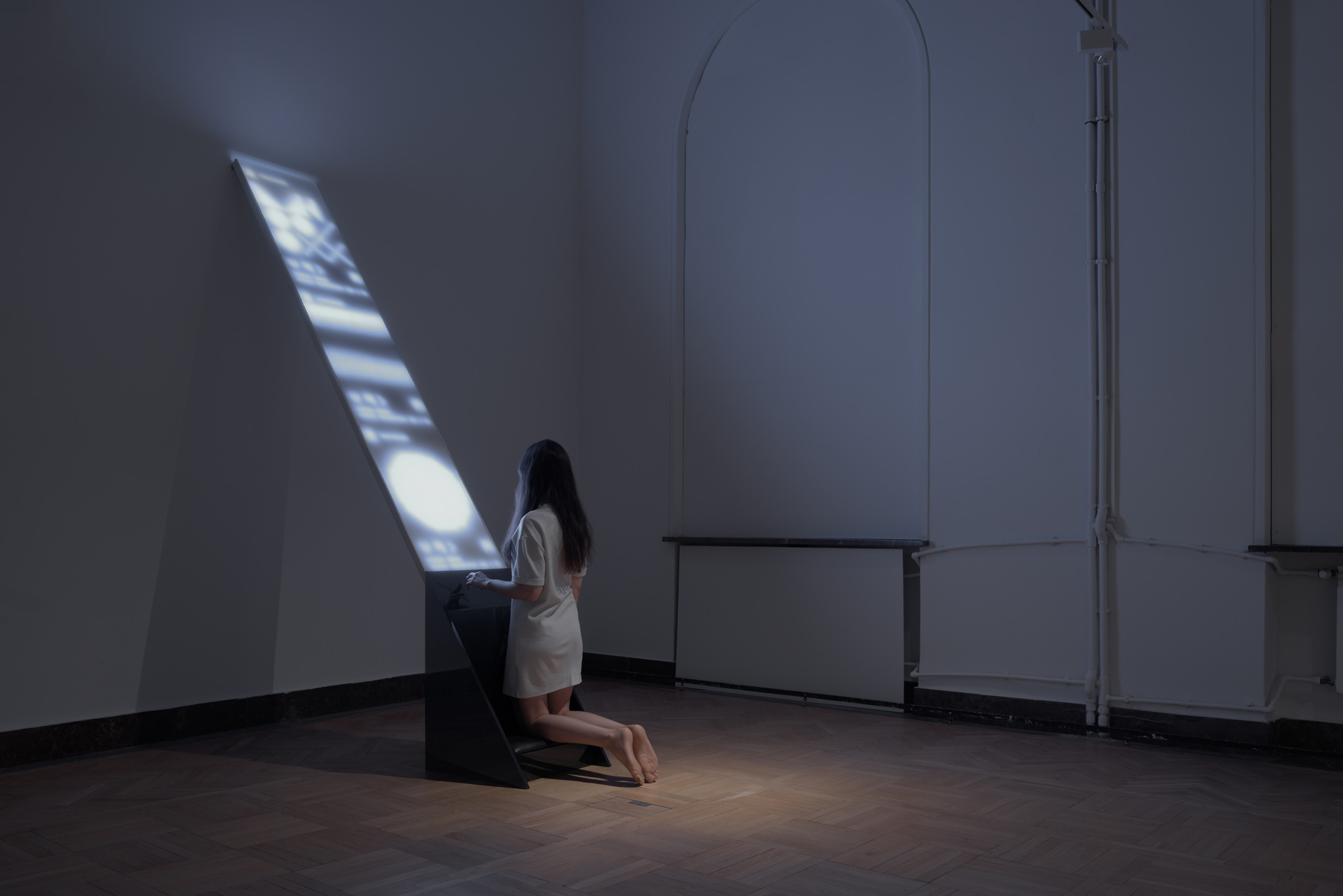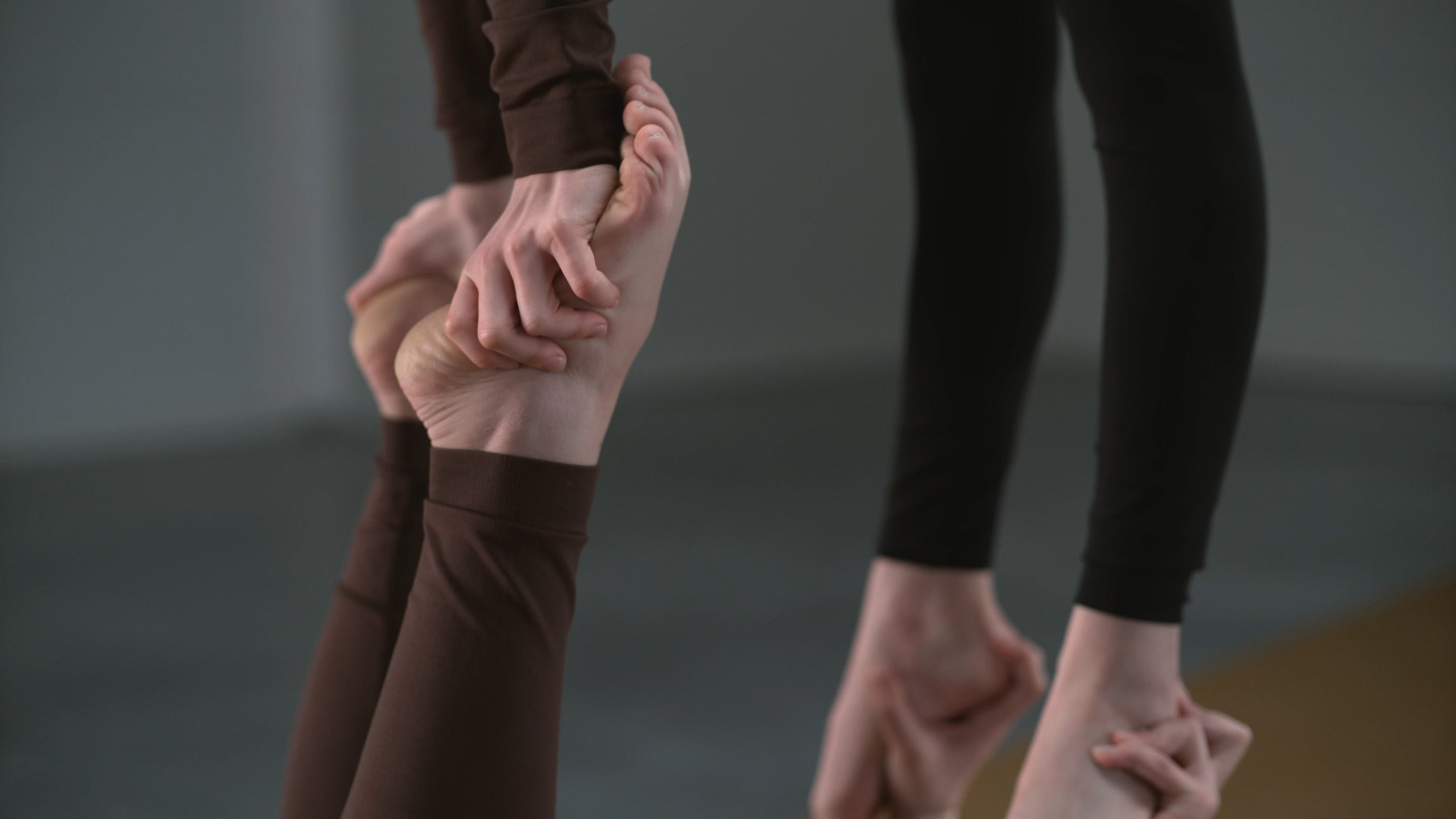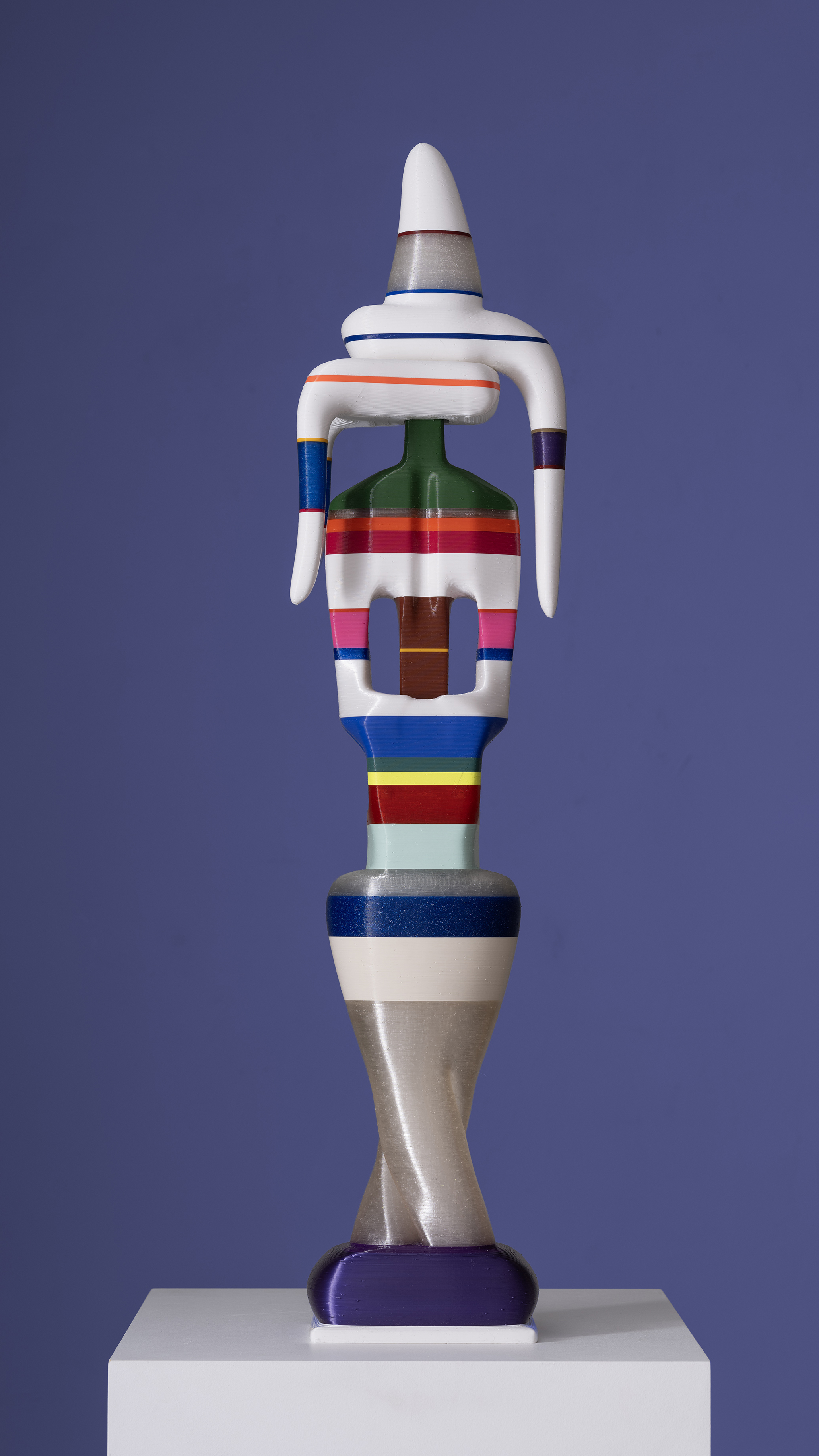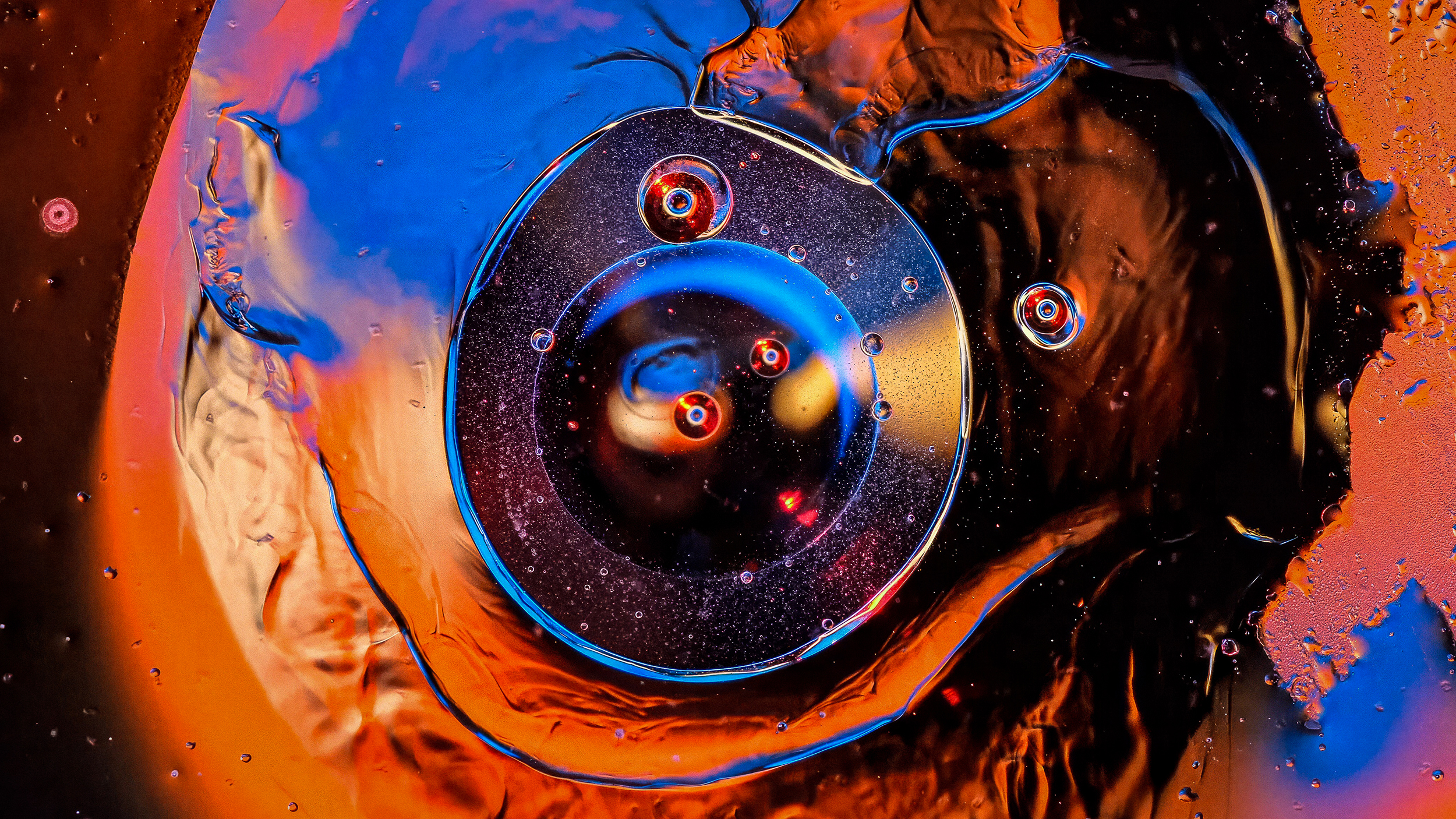Elusive Sense: On the Fluid Boundaries of Perception
Partner Programme
20 Sept 2025
Architecture / Landscape, Craft, Digital, Graphic Design & Visual Communications, Multi-Disciplinary Design, Fashion & Textiles, Art / Collectibles, Education
art'otel London Hoxton
1-3 Rivington Street
London
EC2A 3DT
Join the exhibition opening "Elusive Sense: On the Fluid Boundaries of Perception" and panel talk with Iga Węglińska, Janek Simon, panGenerator, and Cosmodernism on 20th September, 6pm, at art'otel London Hoxton
Elusive Sense: On the Fluid Boundaries of Perception is a group exhibition showcasing the work of five leading contemporary artists from Poland who each explore the impact of technology on the sensory landscape. Presented as part of the UK / Poland Season 2025, Elusive Sense: On The Fluid Boundaries Of Perception celebrates the pioneering practice of Cosmodernism, Agnieszka Mastalerz, panGenerator, Janek Simon and Iga Węglińska and is curated by Anna Szylar, a specialist who focuses on the intersection of culture, art and new technologies. Technology has permeated every aspect of daily life, with our shared experience of the world becoming inextricably interwoven with it. Elusive Sense: On The Fluid Boundaries Of Perception considers how this is impacting the sensory landscape and probes the challenges that technology's ever-expanding entity poses to humanity. Each of the artists explores how technology becomes not just a tool but an active agent that shapes our bodies, minds, our perception of reality, and our understanding of ourselves. Does technology enhance our senses, or does it lead to their functions being transferred to systems on which we are ever more dependent? Does this mediated sensation allow us to survive in an increasingly stimulating reality, or does it strip us of a vital plane for maintaining authentic contact with the world around us? The artistic dialogue established between the works of Iga Węglińska and Agnieszka Mastalerz is underpinned by a palpable tension that considers the central questions posed by the curatorial direction of Elusive Sense: On The Fluid Boundaries Of Perception. Węglińska's work, rooted in transhumanism and the anthropology of the body, examines the limits of human communication. Agnieszka Mastalerz focuses on the mechanisms of control inherent in our relationship with technology. Another theme addressed in the exhibition is the nature of the digital image, exploring not only its creation and consumption but its life cycle. In their installation Hash to ash, the art collective panGenerator poignantly illustrates the fragility of digital memories by transforming the viewer's selfie, taken in the exhibition, into a handful of physical ash. Kamil Czapiga’s (known as Cosmodernism) works appear to be computer-generated video, but are in fact ecosystems of living organisms observed under a microscope. Czapiga creates "science fiction, but without the fiction”. Janek Simon's series ‘Meta Folklore’ enters into a direct confrontation with the influence of artificial intelligence on our understanding of heritage, tradition, and identity. The exhibition is staged in two parts: at Centerspace in Bristol and art’otel London Hoxton from 5 September – 4 October, with a series of events highlighting the central themes of the exhibition. It's produced by Creative Industries Institute and the Ministry of Culture and National Heritage of the Republic of Poland in collaboration with On&On Designs, the Polish Cultural Institute in London, and art’otel London Hoxton.
Related











)
)
)
)
)
)
)
)
)
)
)
)
)
)
)
)
)
)